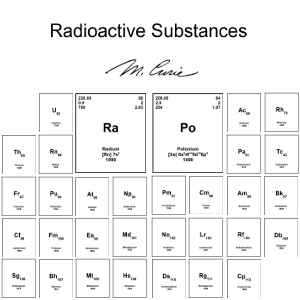- introduction
- Ch 1. Three Periods of Progress
- Ch. 2 Nitrogen
- Ch. 3 Feeding The Soil
- Ch. 4 Coal-Tar Colors, part 1/2
- Ch. 4 Coal-Tar Colors, part 2/2
- Ch. 5 Synthetic Perfumes And Flavors
- Ch. 6 Cellulose
- Ch. 7 Synthetic Plastics
- Ch. 8 The Race For Rubber
- Ch. 9 The Rival Sugars
- Ch. 10 What Comes From Corn
- Ch. 11 Solidified Sunshine
- Ch. 12 Fighting With Fumes
- Ch. 13 Products Of The Electric Furnace
- Ch. 14 Metals, Old And New part 1/2
- Ch. 14 Metals, Old And New part 2/2
Slosson reviews the transformation of alchemistry from an obscure and imprecise practice to the science of chemistry. Along the way, he explains how the modern industrial world now relies on fertilizers, explosives, textile materials, polymers and metals.
By exploring the properties of a once undervalued element, the high strength of vanadium steel made the Ford car possible. Another element, cerium, appears in butane lighters and was once seen as a threat to the match industry in France.
In his chapter on oils, Slosson reviews the development of hydrogenated oils, especially during WWII, in the search for a way to reuse otherwise discarded components of corn and cottonseed. Through the revolutionary reaction of hydrogenation, waste materials became a stable product that wouldn't spoil when packaged or carried without refrigeration. Once thought of as a miracle, shoppers were once willing to pay more for fully hydrogenated oils than their natural, unsaturated forms. Only in recent years has evidence of health risks checked their popularity and given them the image of cheap, unhealthy fillers. (Summary by LivelyHive)
By exploring the properties of a once undervalued element, the high strength of vanadium steel made the Ford car possible. Another element, cerium, appears in butane lighters and was once seen as a threat to the match industry in France.
In his chapter on oils, Slosson reviews the development of hydrogenated oils, especially during WWII, in the search for a way to reuse otherwise discarded components of corn and cottonseed. Through the revolutionary reaction of hydrogenation, waste materials became a stable product that wouldn't spoil when packaged or carried without refrigeration. Once thought of as a miracle, shoppers were once willing to pay more for fully hydrogenated oils than their natural, unsaturated forms. Only in recent years has evidence of health risks checked their popularity and given them the image of cheap, unhealthy fillers. (Summary by LivelyHive)
There are no reviews for this eBook.
There are no comments for this eBook.
You must log in to post a comment.
Log in











